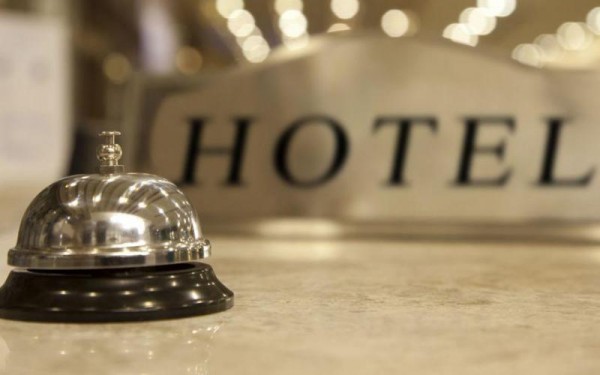
A “heavy” winter is coming for the continuous operation hotels as they are faced with the high energy costs, the non-return of the business travel of the conferences and exhibitions but also the new wave of the pandemic.
The president of the Hotel Chamber of Greece Alexandros Vasilikos is not pessimistic but as he explains describing the coming winter for Greek hotels, for units to reach spring when s very strong start for Greek tourism is expected according to the “portents” we have, they have to endure the winter.
He therefore calls for continued support for businesses still affected by the effects of the pandemic, as the European state aid framework notes has been extended until June 2022 for this purpose.
The lifting of support measures can not and should not be horizontal in an environment with a complete lack of advances and hotel categories continue to function poorly in cities and mountains, he emphasizes.
However, Mr. Vasilikos, presenting yesterday together with Professor George Petrakos, the results of the Survey: “Weekly Price Evaluation and Completeness for the Period June-October 2021”, conducted by the Institute of Tourism Research and Forecasting on behalf of the Hellenic Hotel Supervisor. and one more reflection of him in relation to the year he left and the one that is coming.
The three points
The FDI President focused on three points:
Admittedly, the very good results, given the conditions of 2021, were achieved under special conditions and for this reason they are not suitable for “celebrations”. For example, long haul destinations were closed this year and therefore a large part of Europeans “stayed” in Europe, something that may not happen next year and in the years to come.
Also this year the levels of expenses were increased as the people due to the quarantine had secured higher funds which they spent during the trips. Over time this availability may be reduced.
In addition, a small shift of the season was recorded, which started later, but this is not an achievement of the goal of extension.
According to Mr. Vasilikos, long-term planning is absolutely necessary in order to build the next day of hospitality. It is, he adds, of strategic importance for the country’s physiognomy, its stable and sustainable development, its human resources, the sustainable and climate neutral nature of its economy, the innovation of its services and the quality of its daily life.
The findings of the ITEP research showed that the recovery of tourism was not horizontal and the duration of this year’s tourist season in Greece was short-lived. As even the European Travel Commission (ETC) states in its report, a substantial market recovery will not be achieved before 2024.
Vacancy
In particular, the study of the Institute recorded that the average occupancy of open seasonal hotels reached a peak of 83.7% per week from 9 to 15 August, with the continuous operation units during the same period to be 70.8%.
At the same time, the average occupancy of hotels (with reduction in the total hotel potential, ie taking into account the closed hotels) reached 74.8% in August when in the corresponding period of 2020 the occupancy in the country’s hotels reached 29.8%, a result which justifies the state decision to open tourism in the middle of last May.
Especially for the month of September, the occupancy rate averaged 58.4%.
It is noted that the occupancy of September started from relatively high levels, to eventually reach 58%, due to the gradual closure of hotels in the region, but also the low occupancy of Attica units which are still far from their normal performance, September – October as business travel, conferences and exhibition markets have not yet recovered. On average, in October in Crete and the South Aegean Islands, the occupancy rate reached 58.9% and 55.7% respectively, a percentage that shows that in these areas a shift of the tourist season was recorded, since the season actually started at the beginning of July.
Based on the survey data, the 4 and 5 star hotels showed high occupancy during almost the entire tourist season. It is pointed out of course that 76% of Greek hotels belong to the categories 3, 2 and 1 stars.
At the same time it was found that the highest performance was recorded in the regions of Crete and the South Aegean.
Commenting on the findings of the research, the president of the Hotel Chamber of Greece, Mr. Alexandros Vasilikos stated the following:
“We had a better than expected ‘rebound’. And this is not just about August. The value of this “rebound” is already visible in the tourist revenues and will be seen even more in the public revenues of the state and in the pockets of the citizens, in view of a difficult winter. One winter with challenges following one another, as is happening now, with the rapid increase in the number of covid cases and the consequent outbreak of the pandemic, with the international crisis of energy costs and the strong price trends in products.
For the second consecutive year, the Greek hoteliers worked methodically and coordinated under unprecedented circumstances, reacting immediately to the health challenges. The image of our country has been strengthened and this is reflected in the strong demand for 2022. But we must not forget that the challenges are here and we have before us 6 months of uncertainty and hard work “
Latest News

Greece to Protect 198 ‘Untouchable Beaches’
These beaches, numbering 198 across the country, fall within the Natura 2000 network and will be off-limits for concession and, by extension, for the placement of umbrellas, sunbeds, etc.

BoG: Feb. Current Account Deficit up by 1.8bln
At current prices, exports dropped by 10.3% (‑10.7% at constant prices) and imports grew by 5.7% (9.4% at constant prices).

Greece Becoming a ‘Refuge’ for German Pensioners
The government's policies to attract foreign property buyers to boot the economy is working, reports German newspaper Handelsblatt

Iran Activates Air Defense System- Reports of Attack by Israel
An Iranian official said explosions reported by Iran's media were the result of the activation of the country's air defense system, yet media reports attribute them to a drone attack by Israel

Poll: Greeks, EU Citizens Eager to Vote in European Elections
EU citizens are eager to vote in the upcoming elections for the European Parliament in June, with eight in 10 saying the current geopolitical situation makes voting imperative
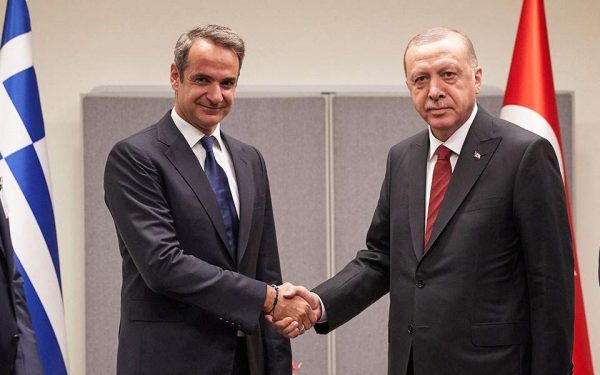
Mitsotakis-Erdogan Meeting in Ankara Fixed for May 13
The Greek PM himself made the announcement from Brussels on Thursday, while he also responded to a question on Athens' intent to create a marine park in the central Aegean, an environmental initiative
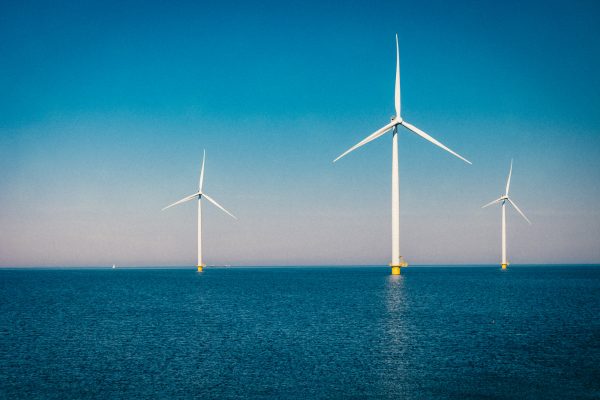
Greece Aims to Boost Energy Capacity, Economy with Offshore Wind Farms
Greece’s Energy Ministry is pushing legislation to accelerate the construction of the first floating wind farms in Greek seas
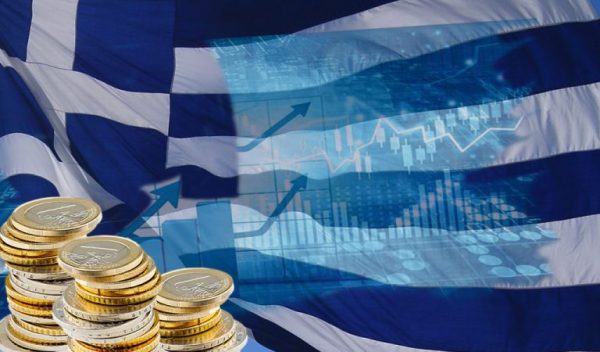
Reuters: Greek Economy Surges After Decade of Pain
Nevertheless, the article also highlights some of the challenges facing the country, with a falling birthrate and labor shortages posing a threat to the long-term outlook
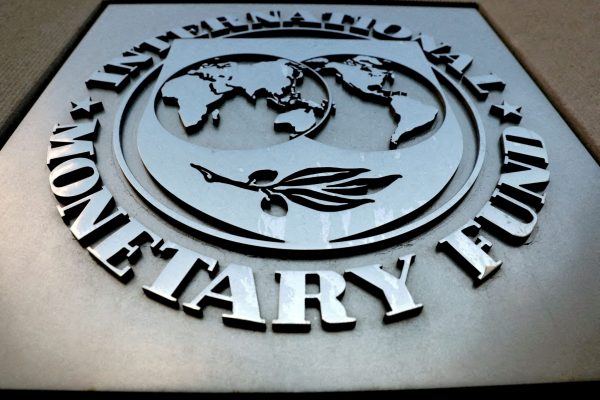
IMF: Greek Growth in 2024 at 2%; Debt to Ease to 158.8% of GDP This Year
Projected consumer prices are forecast to rise by 2.7%
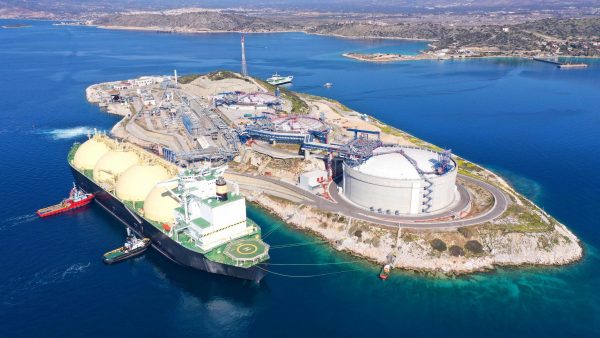
Major Increase in Russian Natgas Imports by Greece in 1Q 2024
Russian state natgas exporter Gazprom dominated imports to the country, mostly through the overland pipeline entering via a northern frontier pipeline




























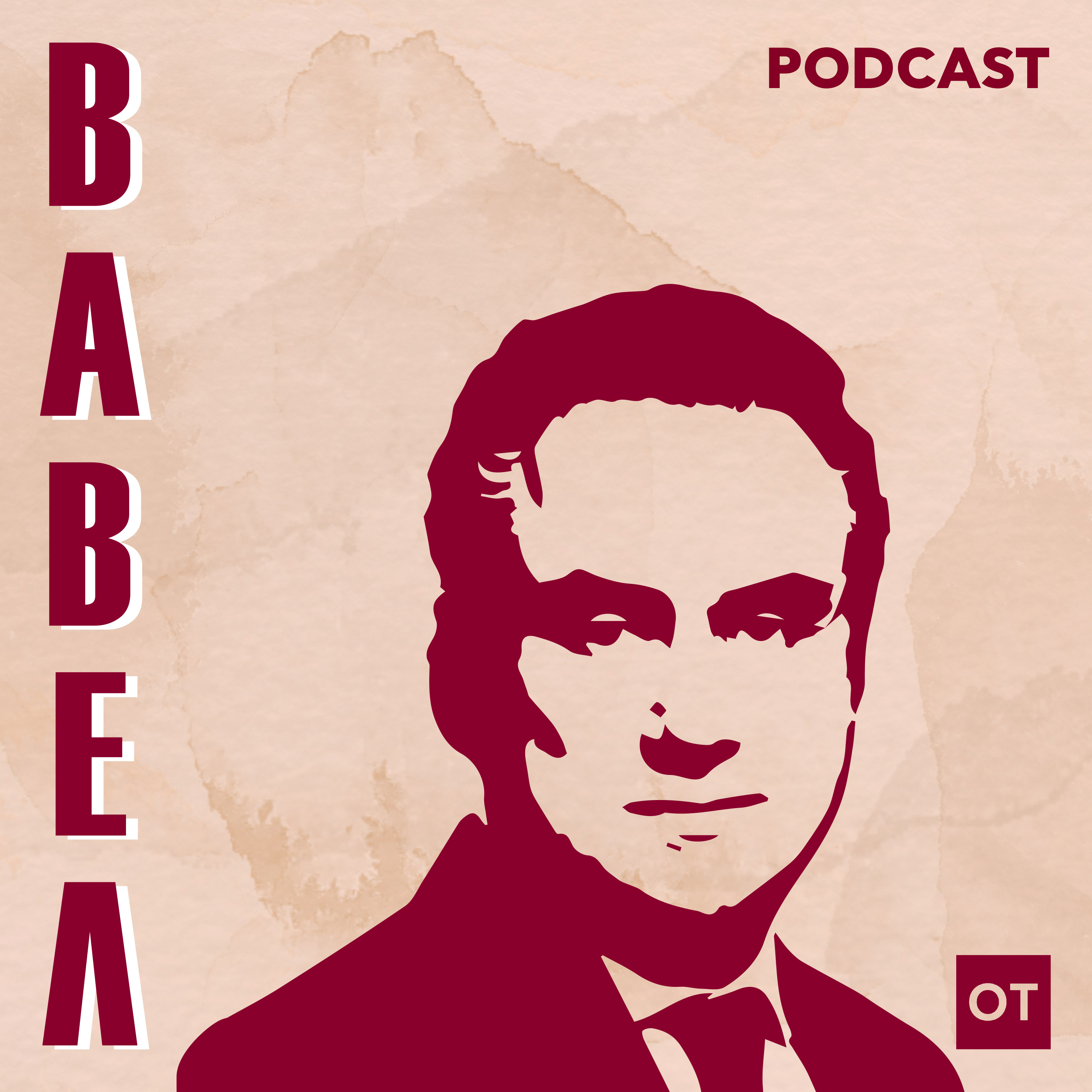
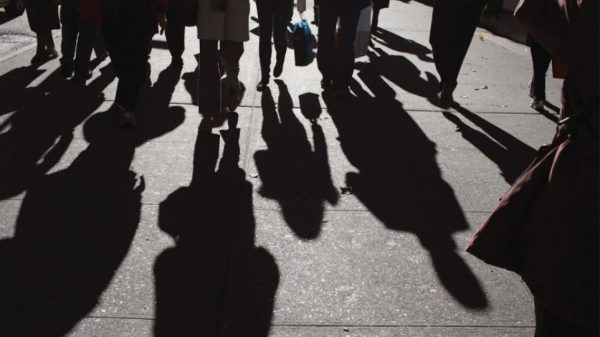

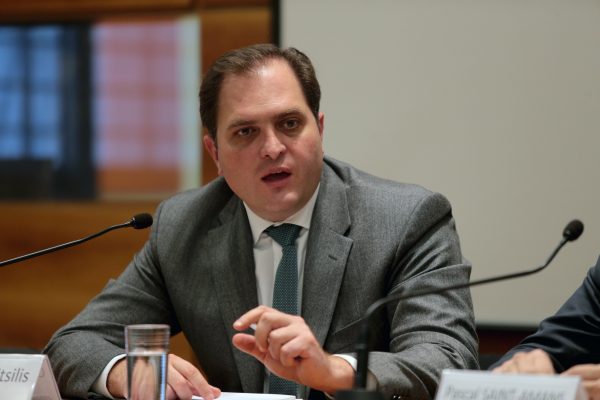




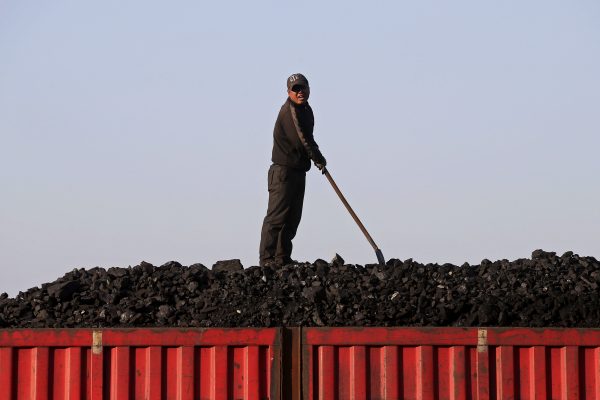
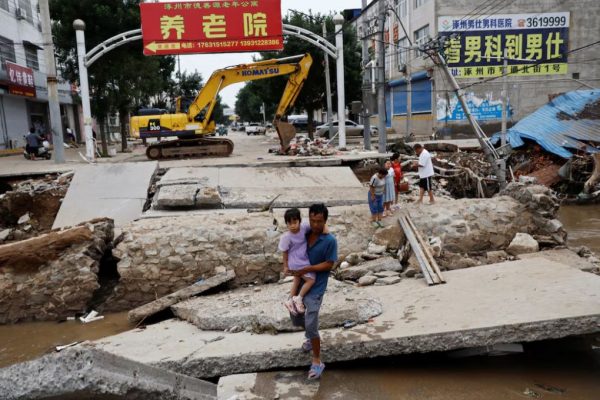
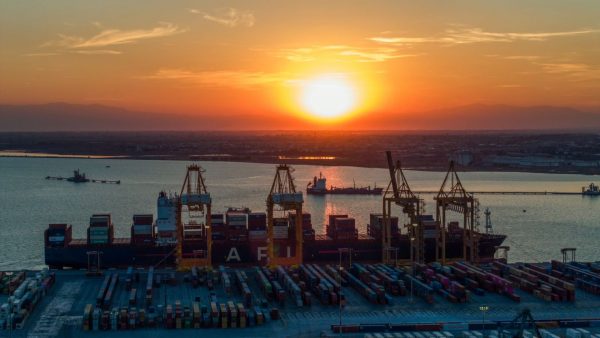


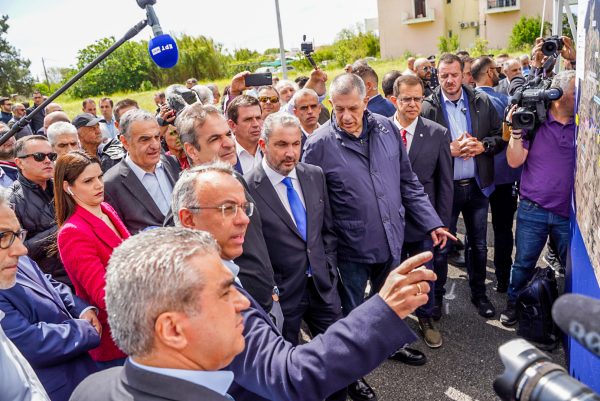
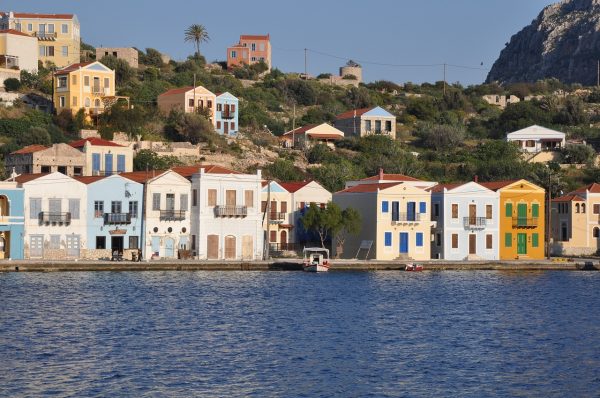

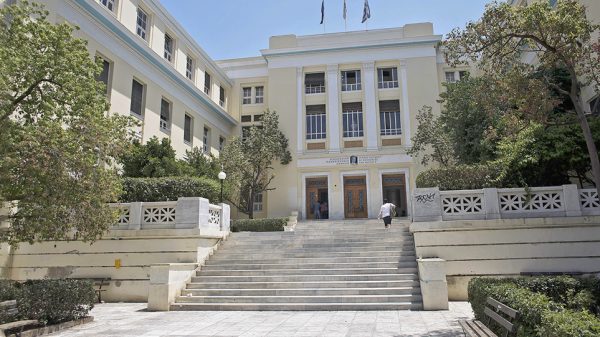
 Αριθμός Πιστοποίησης Μ.Η.Τ.232433
Αριθμός Πιστοποίησης Μ.Η.Τ.232433